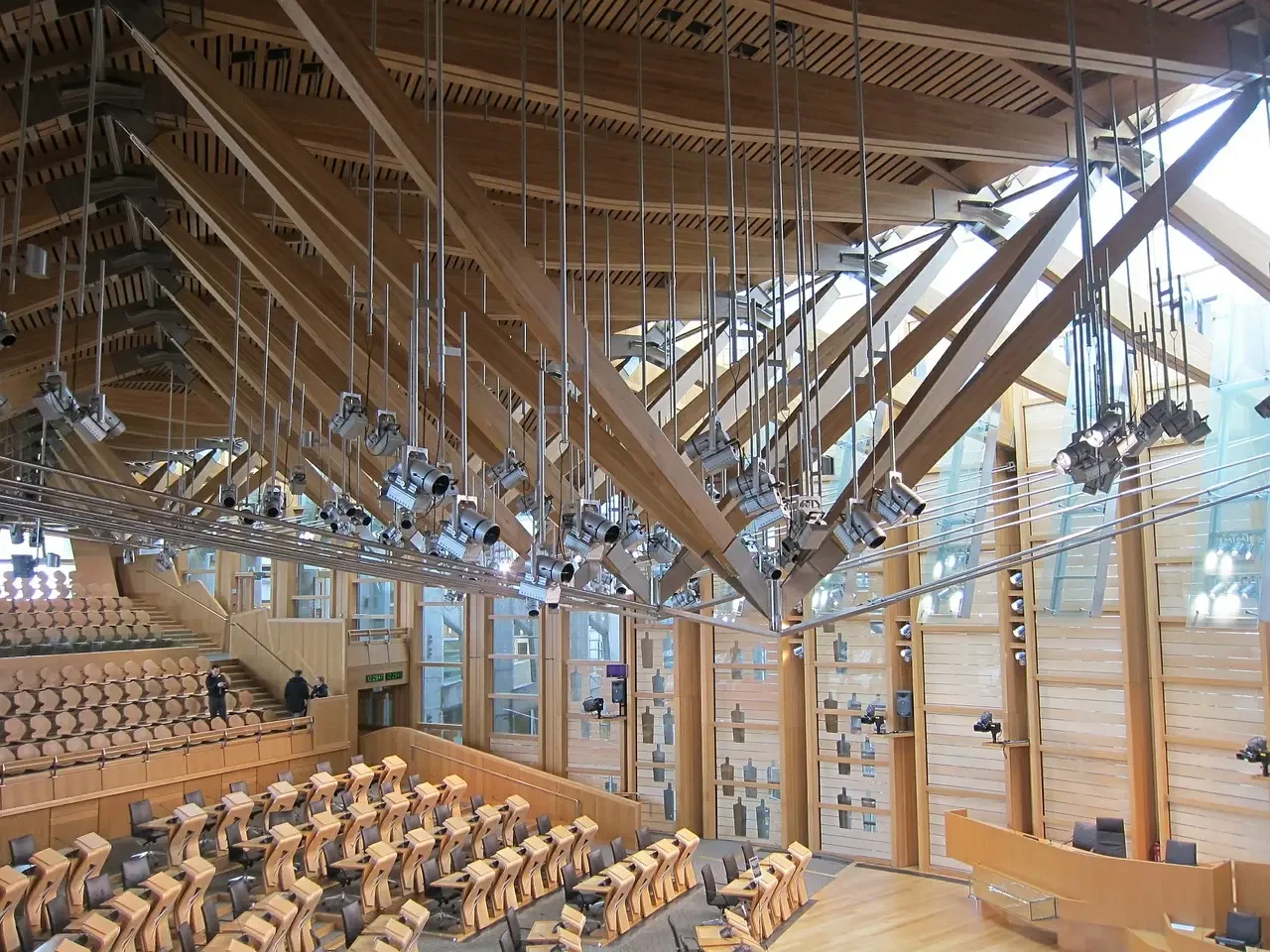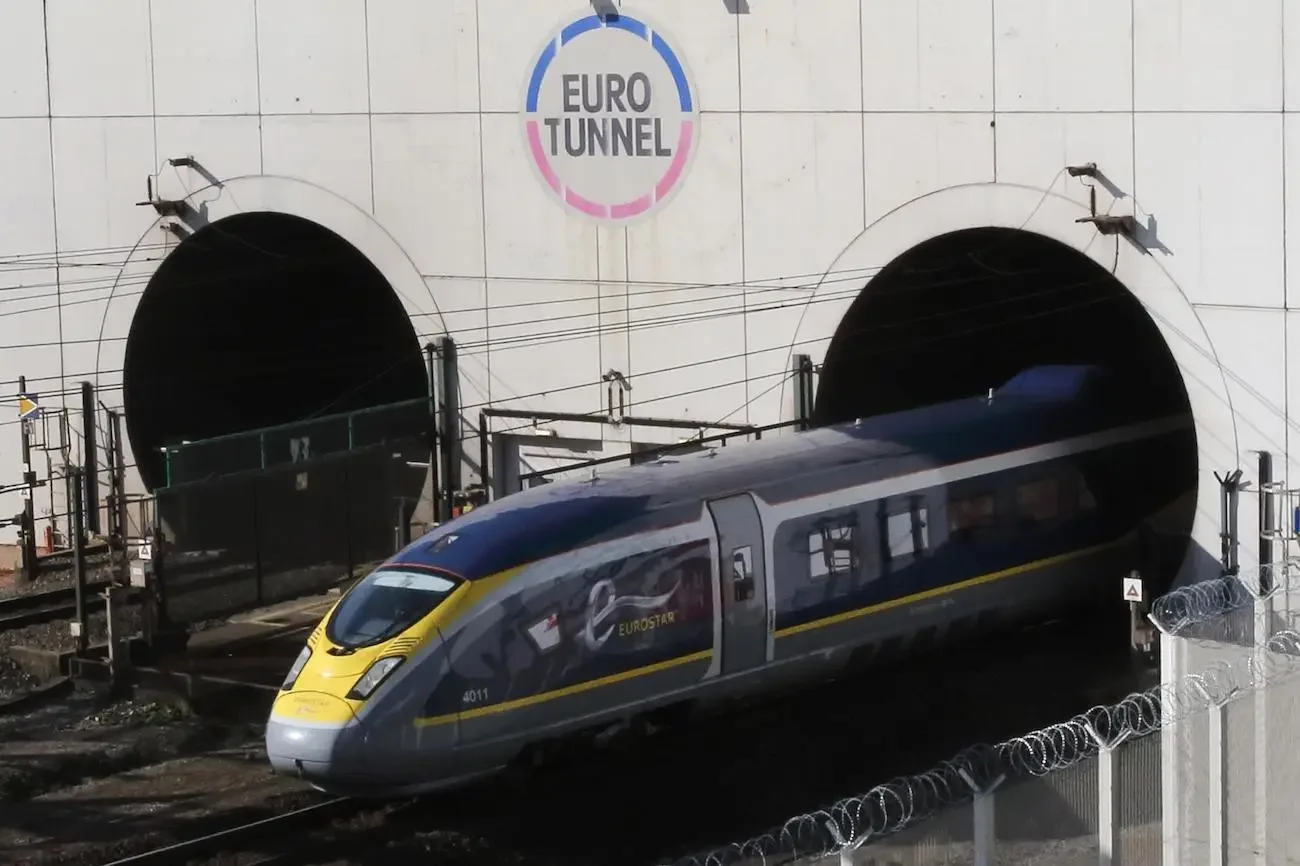If there is one person who is undeniably indispensable in construction development, that would be the project manager. Project managers are tasked to oversee every single aspect of the work from beginning to end. They are responsible for making sure that all deliverables are being completed on time and on budget which means a huge part of the project’s success depends on their expertise.
These five construction projects will show you the importance of project management and how it greatly affects the delivery of a project.

This project commenced in 1999 and was planned for completion by 2001. However, the opening of the Scottish Parliament building in Edinburgh was delayed for three years and the cost increased by 730 percent! From the original planned cost of £50 million, the final cost skyrocketed to £414 million. The difference between the planned cost and the final cost was the reason why it could be considered a major failure.
The problems were said to be caused by changes in the project scope or also known as scope creep. This happens when additional requirements are added on top of the initial plan, even after the project has commenced. When this happens, adjustments in the cost and the timeline of the project will obviously be unavoidable. Scope creep typically occurs when the clients assume that what they want to happen is already included in the scope of work, only to find out that it is not.
In order to avoid this scope creep from happening, the team handling the building project management must clearly convey the project scope in a manner that the client understands. Project managers must also explain the impact of requested changes to the overall project cost and deadline.
Other issues raised such as administrative oversights, lack of communication, and a fast-track route in procurements could have been avoided with better project management.

A diligent project manager will tell you that a project is only 100% successful if it was completed with the same planned cost and schedule. This was not the case for the Edinburgh Trams. When this project was completed, it was almost twice the initial estimated cost and it also took twice as long as the expected construction time.
Costing a whopping £776 million plus another £200 million in loan interest, the progress was reportedly held up by constant arguments between the parties involved – including members of the Scottish parliament, the project’s arm length company, and contractors. These arguments could have been better mediated to avoid astronomical financial implications through better communication.
Effective communication is one of the key techniques for project management because it helps parties get across their points without the need for expensive legal battles. It is also useful when it comes to negotiations and dealing with contracts to avoid any misunderstandings.

The construction of the Wembley Stadium commenced in 2002 and was planned to be completed in early 2006. Instead, it opened in March of 2007 and the project cost went over by 32 percent, from £757 million to £1 billion. This may not seem to be a huge over budget or a long delay compared to other projects but the causes of these issues were things that could have been avoided.
For example, a drawn-out argument regarding the project design and the ground works saw £1 million pounds spent on photocopying alone. Because of disputes, expensive legal bills were also involved. Multiplex, the project contractor, reportedly spent £45 million on a sub-trial that dealt with only a few of the issues.
Conflicts between the client and the contractor are quite normal because the construction process is such a complicated one that there are bound to be disagreements at one point or another. However, these disagreements can be sidestepped if project managers ensure that contracts and agreements are all detailed out at the early stages of a construction project life cycle. Potential risks and threats must also be forecasted with plans on how to address these issues in case they happen. It is also important for project managers to take due diligence to select vendors are trustworthy and reliable to meet deadlines and complete the project.

The closing phase is the final stage of the project management life cycle. Once all the tasks are completed and the project is finalised, the last step is to properly close the project. During this point, the project management team must prepare and handover all the required project documentation including contracts, final costs, and any relevant paperwork. Project managers must also ensure that all supplier and third-party contracts are resolved and all final payments are processed.
The closing phase is also an opportunity to evaluate the project and provide recommendations on how similar problems can be avoided in future projects. This also applies for new techniques or practices are utilised and were proven effective.
Professionals/Consultants typically follow the RIBA 0-7 Plan of Works for construction projects.

The Crossrail project somehow wanted to prove that it can use private-sector expertise to deliver public-sector projects within the planned timeline and budget. This is the reason why the team in-charge was mostly protected from interfering politicians. But now, with the project two years delayed and £2.2 billion over budget, it only showed that even the Crossrail is not exempt from project management issues.
In fact, senior executives had to leave their posts including Crossrail chairman Terry Morgan, who had to step down from his position due to mismanagement allegations, and Crossrail chief executive Andrew Wolstenholme who also left in 2018.
According to independent consultants, another problem faced by the Crossrail was the management turnovers at the side of the contractors and suppliers. Because the project is a long-term one, the people present at the beginning are not there anymore to complete the deliverables. This contributed to delays and missed deadlines. With the pressure of finishing the project, financial issues also came about and loans were required just to pay contractors on a day-to-day basis.
Until now, there is no definite date if the core Elizabeth line will open in 2019 or not. This affects the planned construction of Crossrail 2, which was supposed to be London’s next mega project.
Professionals/Consultants typically follow the RIBA 0-7 Plan of Works for construction projects.
